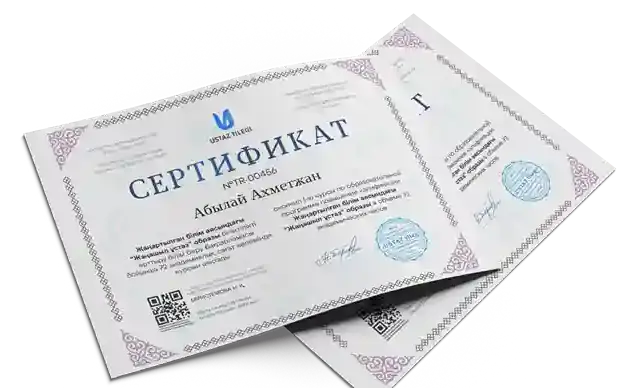|
LESSON 2: Unit 1 Greetings &
names
|
School:
|
|
Date:
|
Teacher name:
|
|
CLASS: 1
|
Number present:
|
absent:
|
|
Learning objectives(s) that
this lesson is contributing to
|
1.S3 pronounce basic words and
expressions intelligibly
1.S6exchange simple greetings
and say please, sorry and thank you
1.S1 make basic personal
statements and simple statements about
objects
|
|
Lesson objectives
|
All learners will be able
to:
|
|
introduce
themselves
understand questions: What is
your name? How
are you?
|
|
Most learners will be able
to:
|
|
understand and answer the
questions
use the answer correctly: I am
fine, thank you
introduce their friends
|
|
Some learners will be able
to:
|
|
ask and answer the
questions
|
|
Previous learning
|
Greetings and names
|
|
Plan
|
|
Planned timings
|
Planned activities (replace
the notes below with your planned
activities)
|
Resources
|
|
Beginning
10
minutes
|
ORGANISATION MOMENT: (BT:
listen and apply)
Teacher invites learners to
stand in a circle and to repeat in chorus questions &
answers:
Hello! What is your name? My
name is.....
How are you? I am fine, thank
you.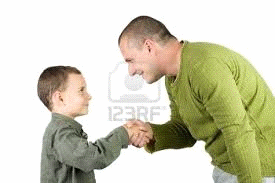
Sing a song “Hello”.
|
Song “Hello”
|
|
Middle
15 -25
minutes
|
PRE-LEARNING
(BT:
remember)
Teacher
models My name is… His/her name
is. Teacher introduces self and
then names of projected images. Teacher indicates learners in turn
to introduce self and then name two projected images of well-known
people.
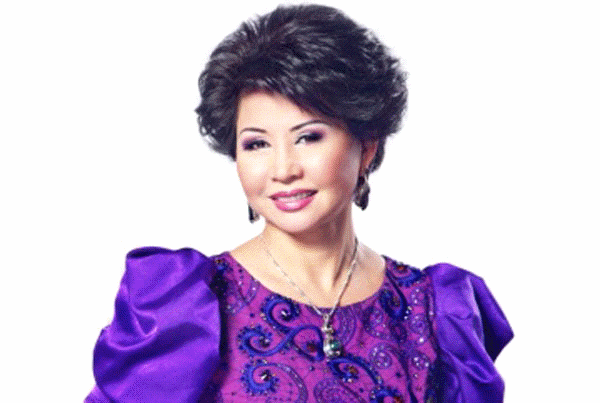 
Her name is… His name is
…..
GROUPWORKING (BT:
practice)
In circles of 4 - 5 learners.
Each learner has at least two images of different identities.
Learners take turns to say as many names as they can remember after
identities are flashed for a few seconds
His name / Her name
is... Game can continue by
getting students of same sex to swap one or more of their identity
cards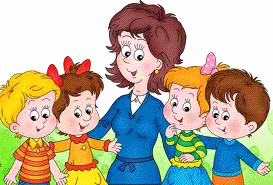
DEMOSTRATION (BT: explain and
apply)
Teacher models with one
learner Nice to meet
you,Bye(handshake and
wave).
PRACTICE
Learners practice with each
other to pronounce greetings andexpressions
intelligibly.
|
Images of well known
people.
|
|
End
5
minutes
|
FEEDBACK
The smiley faces are on the
board. (happy, sad, angry, etc) Teacher suggests to choose any
smileyface.
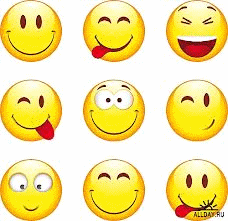
|
Smiley faces, crayons
|
|
Additional information
|
|
Differentiation – how do
you plan to give more support? How do you plan to challenge the
more able learners?
|
Assessment – how are you
planning to check learners’ learning?
|
Cross-curricular links
Health and safety check
ICT links
Values links
|
|
more support can be given
during elicitation, instruction and questioning phases of the
lesson by nominating learners to answer items relating to more high
frequency vocabulary to build confidence through
participation.
|
through questioning and the
redirecting of questioning in feedback
activities
through observation in group
|
culture and social studies
|
|
Reflection
Were the lesson
objectives/learning objectives realistic?
What did the learners learn
today?
What was the learning
atmosphere like?
Did my planned differentiation
work well?
Did I stick to timings? What
changes did I make from my plan and why?
|
Use the space below to
reflect on your lesson. Answer the most relevant questions from the
box on the left about your lesson.
|
|
|
|
Summary
evaluation
What two things went really
well (consider both teaching and
learning)?
1:
2:
What two things would have
improved the lesson (consider both teaching and
learning)?
1:
2:
What have I learned from this
lesson about the class or individuals that will inform my next
lesson?
|


